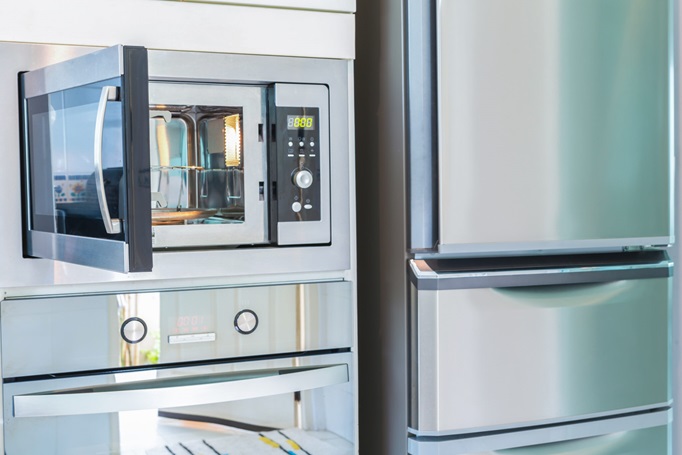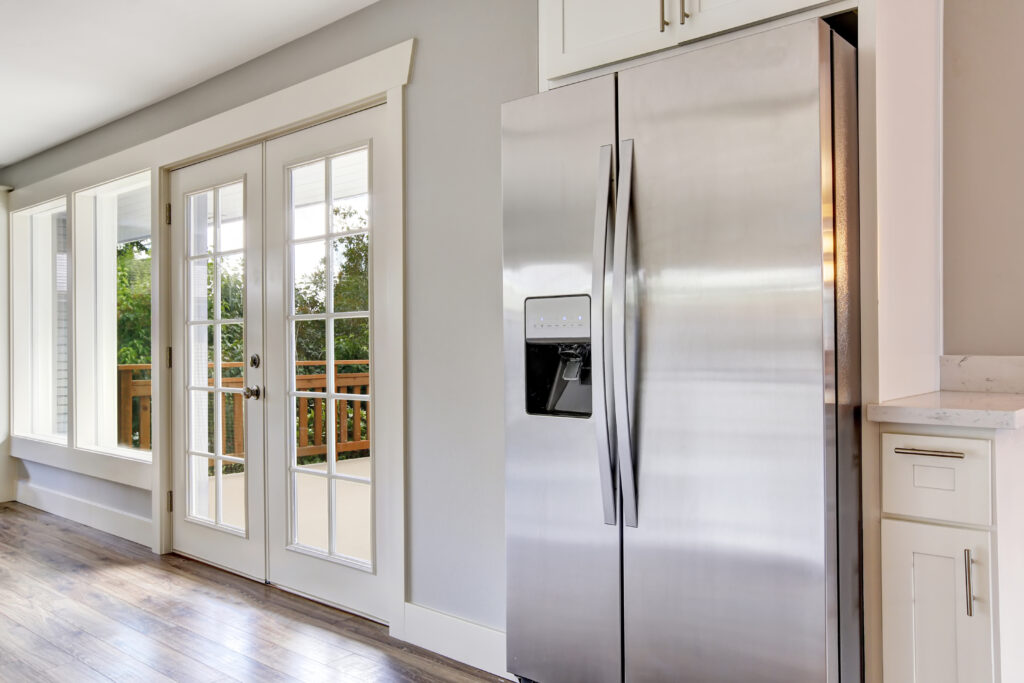Refrigerators are indispensable appliances in modern households, tirelessly keeping our food fresh and drinks cold. Yet, amidst their essential role, understanding their energy consumption remains a critical aspect of appliance ownership. One of the primary questions that often arises is, “How many watts does a refrigerator use?” Let’s delve into this topic to shed light on the energy consumption of refrigerators and what factors influence their wattage. Most importantly, let’s answer your question as to what temperature should a refrigerator be.

Energy Usage of a Refrigerator
To comprehend the energy usage of a refrigerator, it’s crucial to grasp the concept of wattage. Watts measure the rate at which energy is consumed by an appliance, indicating its power consumption. The wattage of a refrigerator typically ranges from 100 to 800 watts, depending on various factors such as size, age, efficiency rating, and features. Larger refrigerators with advanced features like ice makers and water dispensers tend to consume more energy compared to smaller, basic models.
Sizing of a Refrigerator
The size of a refrigerator plays a significant role in determining its wattage. Larger refrigerators require more energy to maintain the desired temperature and cool a larger volume of food. Similarly, older refrigerators manufactured before energy efficiency standards were implemented may consume more energy than newer, ENERGY STAR-certified models. ENERGY STAR-rated refrigerators are designed to meet stringent energy efficiency guidelines set by the Environmental Protection Agency (EPA), consuming significantly less energy than standard models while providing the same level of performance.

Wattage of a Refrigerator
Another factor influencing the wattage of a refrigerator is its temperature settings. Refrigerators are designed to maintain a consistent internal temperature to preserve food freshness. The recommended temperature for a refrigerator typically ranges between 35°F to 38°F (1.6°C to 3.3°C). However, it’s essential to consult the manufacturer’s guidelines for specific temperature recommendations based on the model of your refrigerator. Setting the temperature too low or too high can affect energy consumption and compromise food safety.

Keep Your Doors Closed When Not In Use
Additionally, the frequency of door openings and the ambient temperature of the surrounding environment can impact the energy usage of a refrigerator. Every time the refrigerator door is opened, cold air escapes, and the appliance must work harder to restore the internal temperature. Similarly, placing the refrigerator in a location exposed to direct sunlight or near heat sources like ovens or dishwashers can cause it to consume more energy as it struggles to maintain the desired temperature.
Concluding
In conclusion, understanding the wattage of a refrigerator is essential for managing energy consumption and optimizing efficiency. Factors such as size, age, efficiency rating, temperature settings, and environmental conditions all contribute to the energy usage of a refrigerator. By choosing an ENERGY STAR-certified model, setting the appropriate temperature, and practicing energy-saving habits like minimizing door openings, households can reduce their energy bills and minimize their environmental impact without compromising food storage safety or freshness.


